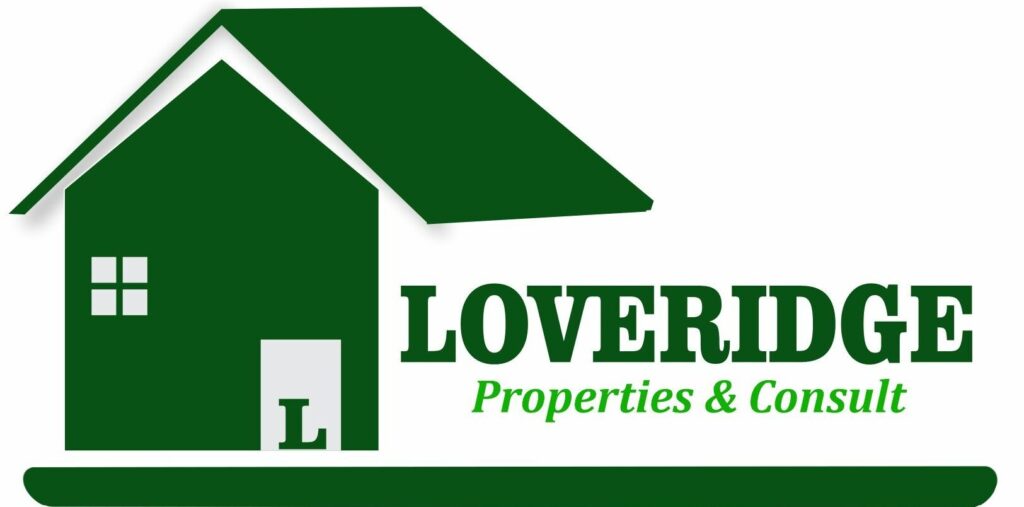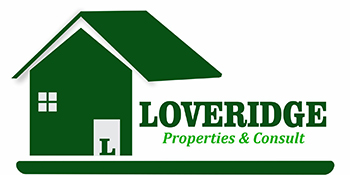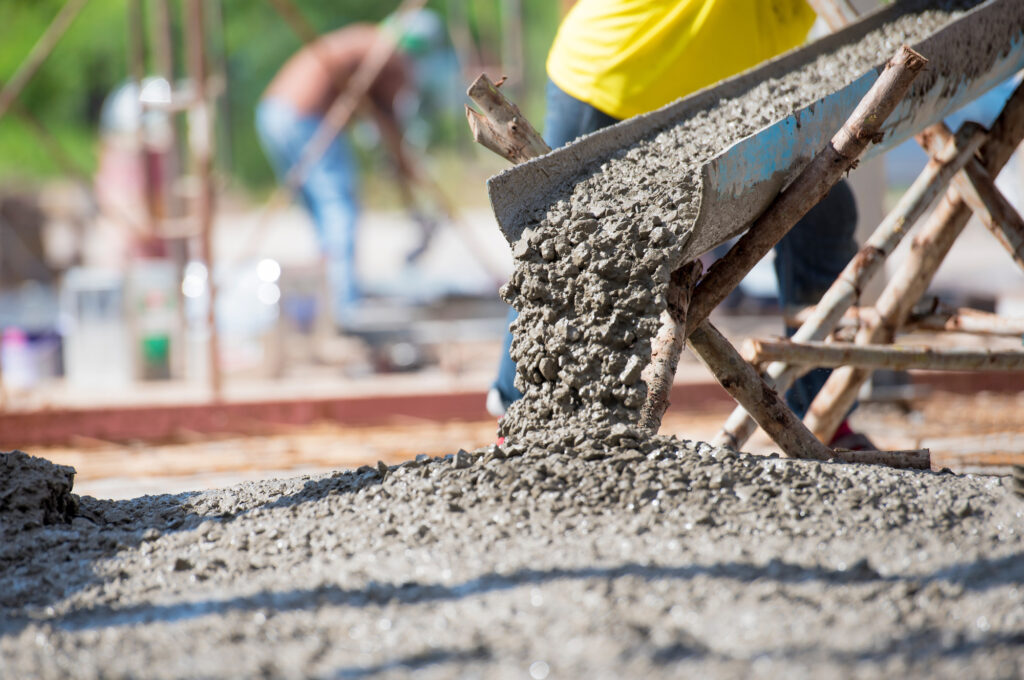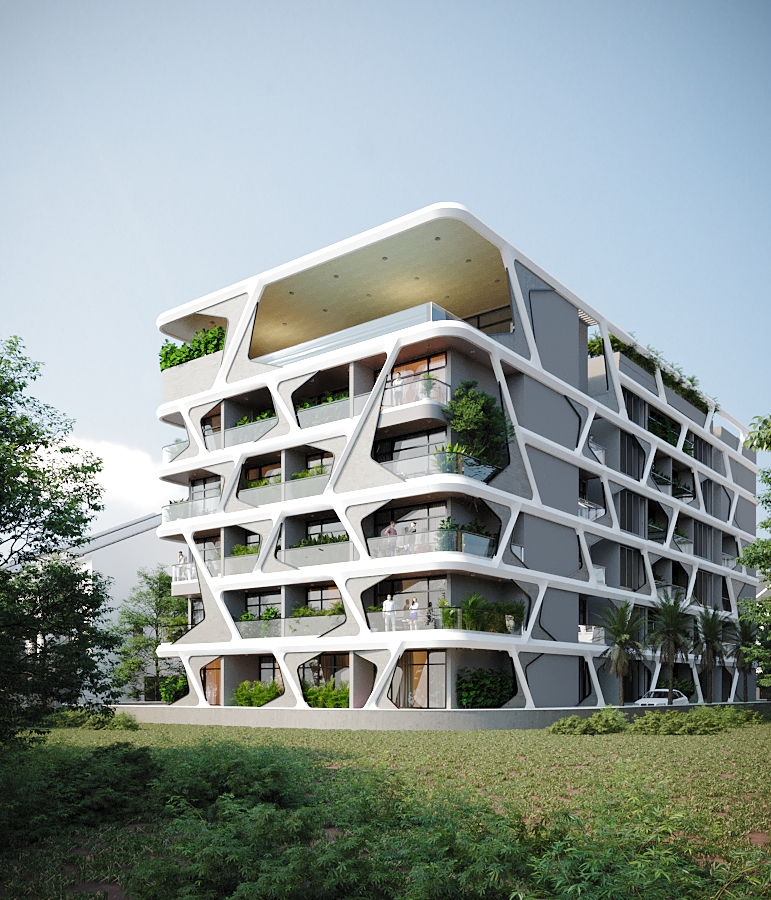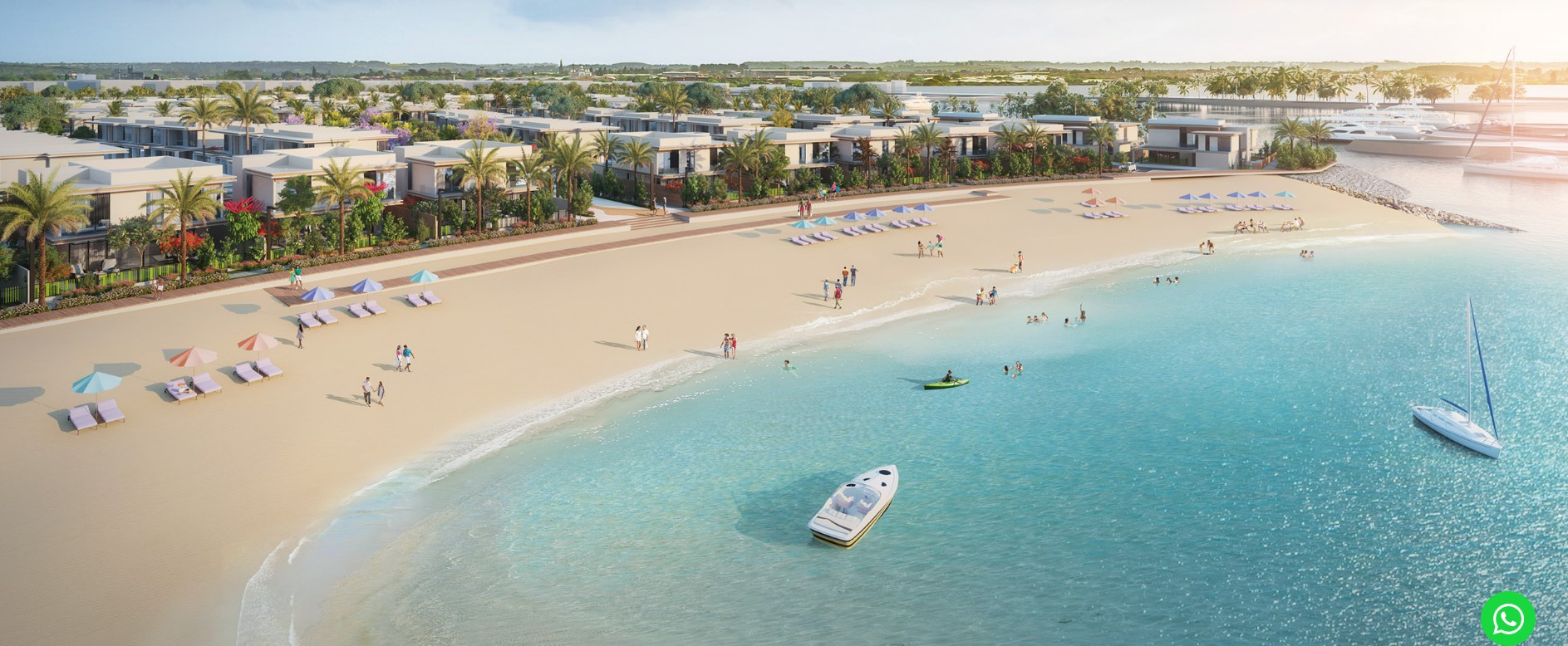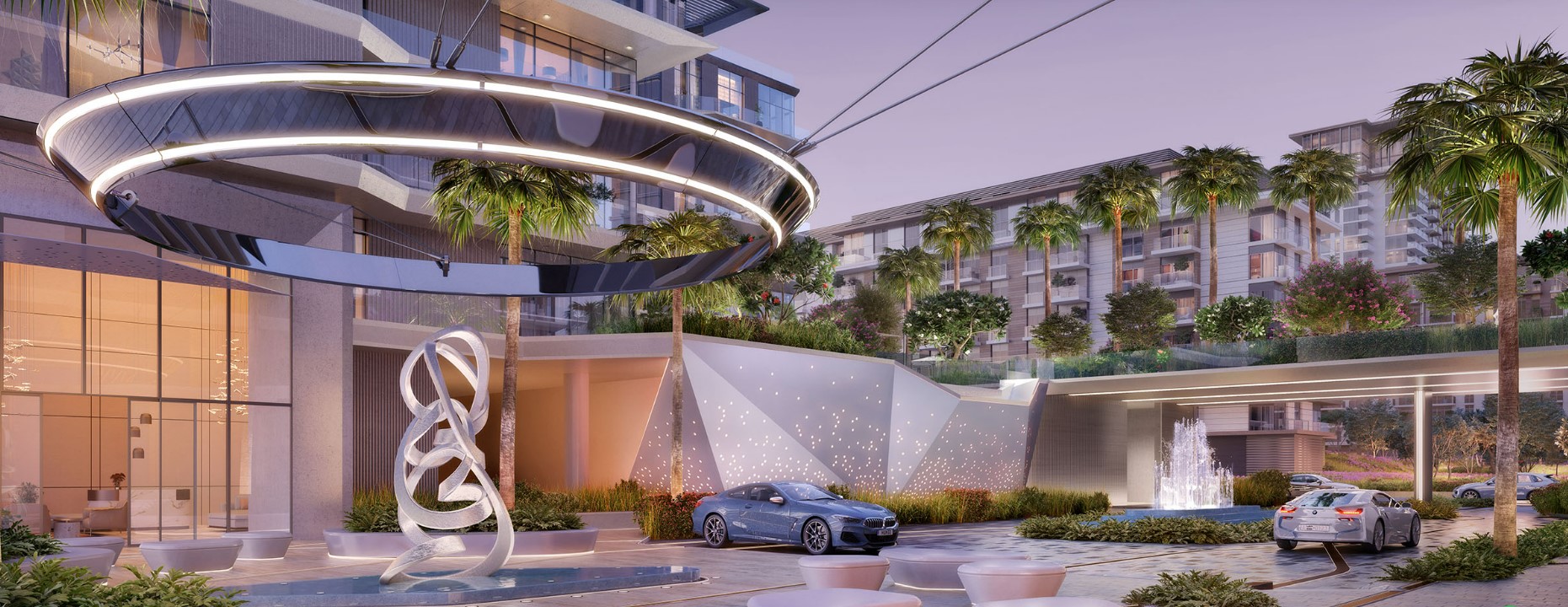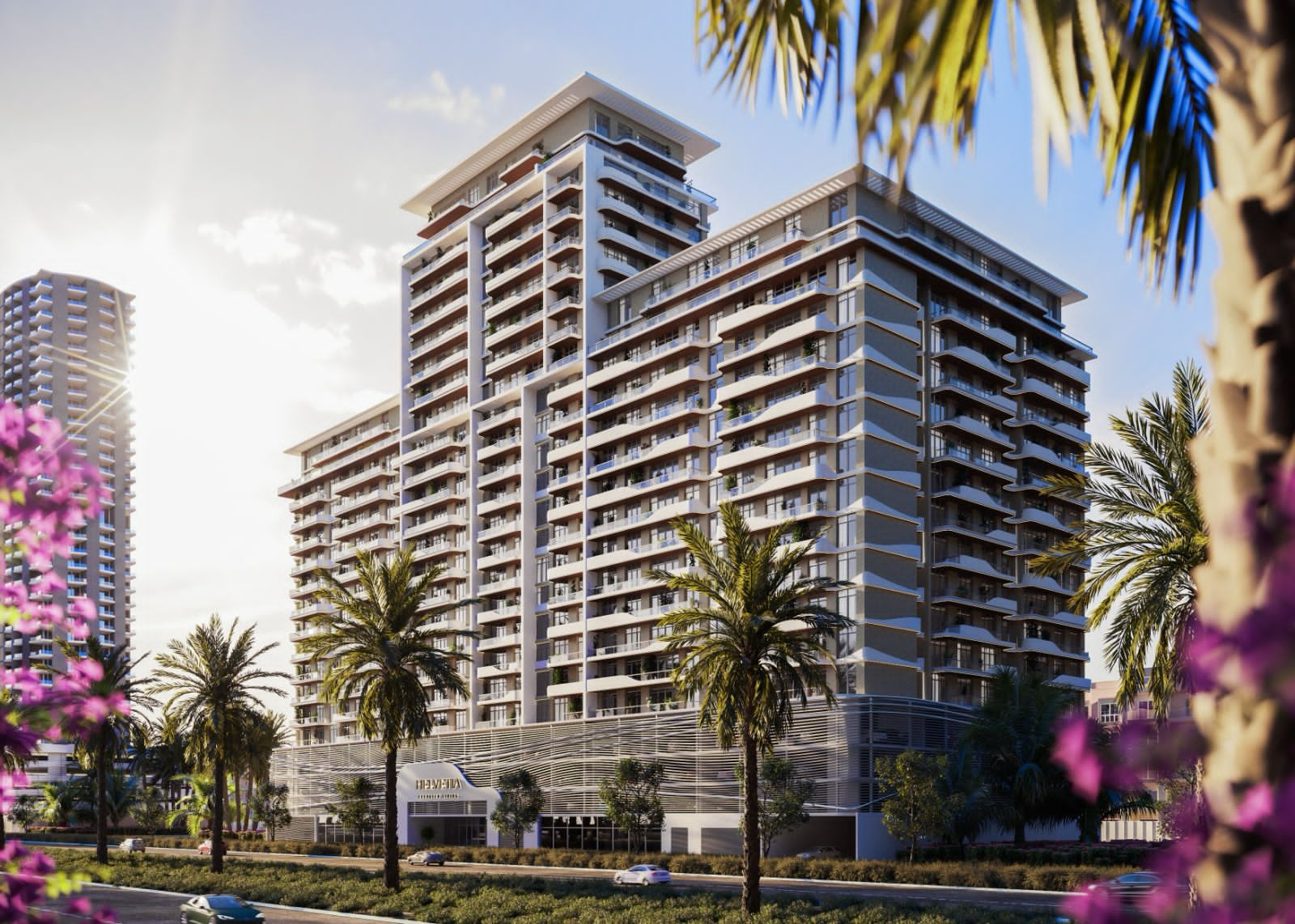Introduction
During the period of 2011 to 2021, Ghana’s real estate market demonstrated promising indicators. The population exhibited consistent growth, driving the demand for housing. Job opportunities expanded, contributing to economic stability. Median household income rose, making homeownership more attainable.
Moreover, median home values experienced appreciation, showcasing the market’s potential for investors. Although challenges like limited financing and infrastructure deficiencies exist, positive factors such as urbanization and a growing middle class present lucrative opportunities.
The government’s focus on infrastructure development further enhances the market’s attractiveness. Additionally, Ghana’s thriving tourism industry provides avenues for real estate investment in the hospitality sector. Investors keen on capitalizing on Ghana’s evolving real estate market should consider these positive trends while addressing the existing challenges. With careful navigation, the market holds promising prospects for growth and returns on investment.
1) Data Table: Real Estate Market Analysis in Ghana (2011-2021)
| KP1 | 2011 | 2012 | 2013 | 2014 | 2015 | 2016 | 2017 | 2018 | 2019 | 2020 | 2021 | Total % Change Over Time | Avg % Change Over Time |
| Population Growth | 24.66% | 25.19% | 25.73% | 26.28% | 26.85% | 27.43% | 28.03% | 28.64% | 29.26% | 29.89% | 30.54% | 23.86% | 2.35% |
| Job Growth | 6.81% | 6.92% | 7.03% | 7.14% | 7.26% | 7.38% | 7.51% | 7.65% | 7.79% | 7.94% | 8.09% | 18.85% | 1.83% |
| Median Household Income | $3,510 | $3,617 | $3,726 | $3,837 | $3,950 | $4,065 | $4,183 | $4,303 | $4,426 | $4,551 | $4,679 | 33.27% | 3.12% |
| Median Home Values | $75,621 | $77,303 | $79,034 | $80,816 | $82,652 | $84,543 | $86,491 | $88,498 | $90,566 | $92,696 | $94,890 | 25.43% | 2.39% |
| Crime Rate | 52.14 | 51.09 | 49.94 | 48.79 | 47.65 | 46.52 | 45.40 | 44.29 | 43.18 | 42.09 | 41.00 | -21.41% | -2.05% |
2) Analysis of Unique Economic, Development, and Regional Challenges:
In Ghana, several unique economic, development, and regional challenges have impacted the real estate market. Some of these challenges include:
a) Limited Access to Financing: Access to financing for real estate development and home purchases has been a challenge, particularly for low- and middle-income individuals. The lack of affordable mortgage options and high interest rates restricts the growth of the real estate market.
b) Infrastructure Deficiencies: Inadequate infrastructure, such as roads, water supply, and electricity, poses challenges to real estate development. The lack of basic amenities in some areas limits the attractiveness and value of properties.
c) Land Title Issues: Ambiguous land ownership and title registration processes have been a persistent challenge in Ghana. The absence of a well-defined and efficient land registration system creates uncertainties and hampers property transactions.
d) Informal Housing Sector: The presence of a large informal housing sector, characterized by unplanned settlements and inadequate housing conditions, poses challenges for formal real estate development. The informal sector competes with formal developers and affects the overall quality and standardization of housing.
3) Analysis of Positive Economic and Development Opportunities:
Despite the challenges, Ghana’s real estate market offers several positive economic and development opportunities, particularly for investors. Some key opportunities include:
a) Urbanization and Population Growth: The rapid urbanization and population growth in Ghana present a high demand for housing, especially in urban areas. This creates investment opportunities for developers and investors looking to cater to the growing housing needs.
b) Rising Middle Class: Ghana’s emerging middle class is driving the demand for improved housing and modern amenities. Investing in affordable housing projects targeting this demographic can be highly lucrative.
c) Infrastructure Development: The government’s focus on infrastructure development, including road networks, utilities, and public transportation, opens up opportunities for real estate investors. Areas with planned infrastructure projects are likely to experience increased property values and demand.
d) Tourism and Hospitality: Ghana’s growing tourism industry creates opportunities for real estate investment in hotels, resorts, and vacation rentals. The country’s rich cultural heritage and natural attractions make it an attractive destination for tourists.
Investors should consider these positive opportunities while addressing the challenges mentioned earlier to make informed decisions regarding real estate investments in Ghana.

4) Sources:
Population Growth: Ghana Statistical Service (https://statsghana.gov.gh/)
Job Growth: Ghana Statistical Service (https://statsghana.gov.gh/).
Median Household Income: Ghana Statistical Service (https://statsghana.gov.gh/).
Median Home Values: Ghana Real Estate Developers Association (https://www.greda.org.gh/).
Crime Rate: Ghana Police Service (https://police.gov.gh/).
